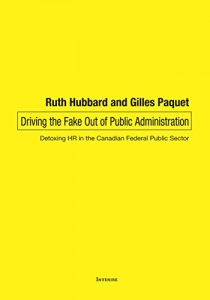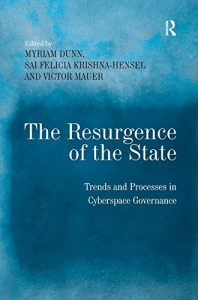I 99eBooks è una directory di eBook. Cerchiamo e classificato intorno alle eBooks Web per te!
Tutti i diritti riservati. I libri e libri elettronici sono di proprietà dei rispettivi proprietari.
Amministrazione pubblica Pubblica amministrazione Pubblica amministrazione e settore pubblico Studi culturali e sociali
Driving the Fake Out of Public Administration: Detoxing HR in the Canadian Federal Public Sector (English Edition)
Much of the waste in public administration is ascribable to the displacement of the primary concern for performance and coordination by a primary concern for redistribution. In each sphere of activities, it has led to unreasonable rules inspired by egalitarianism that have triggered permanent allocational malefits. The failure to confront the progressivist ethos and culture has rendered any action on the managerial front ineffective. First, the authors underscore the seemingly unanimous diagnosis of waste and dysfunctions in Canada’s federal public service, and show that efforts to correct the situation have failed. This failure is ascribable to a fundamental incapacity to deal concurrently with the ill-advised managerial decisions of governments and the perverse progressivist philosophy inspiring them. Second, an MRI of the human resource (HR) regimes has been sketched as a guide to the detoxing and modernization of the HR regimes. It was used to spell out some guidelines for the modification of management structures and competencies, and to probe the cultural underground of moral contracts that would need to underpin the new arrangements. The conclusion hammers home that prototyping refurbished structures and rules may succeed in breaking out momentarily from ill-inspired initiatives like the Pearsonian mental prison of the model employer, but that it would prove futile and temporary unless one can tame the progressivist cosmology that will bring those ill-inspired schemes back from their ashes. Some modest general propositions are put forward.
Ruth Hubbard is Senior Research Fellow at the Centre on Governance of the University of Ottawa. She served for more than a decade as a federal deputy minister in the Government of Canada.
Ruth Hubbard is Senior Research Fellow at the Centre on Governance of the University of Ottawa. She served for more than a decade as a federal deputy minister in the Government of Canada.


















